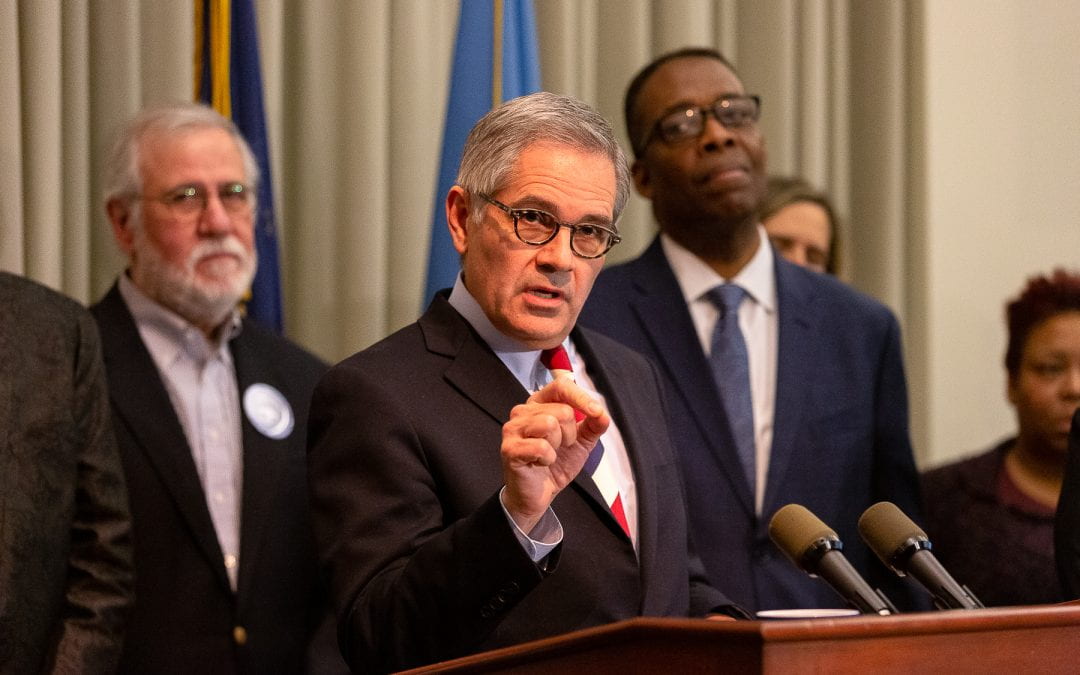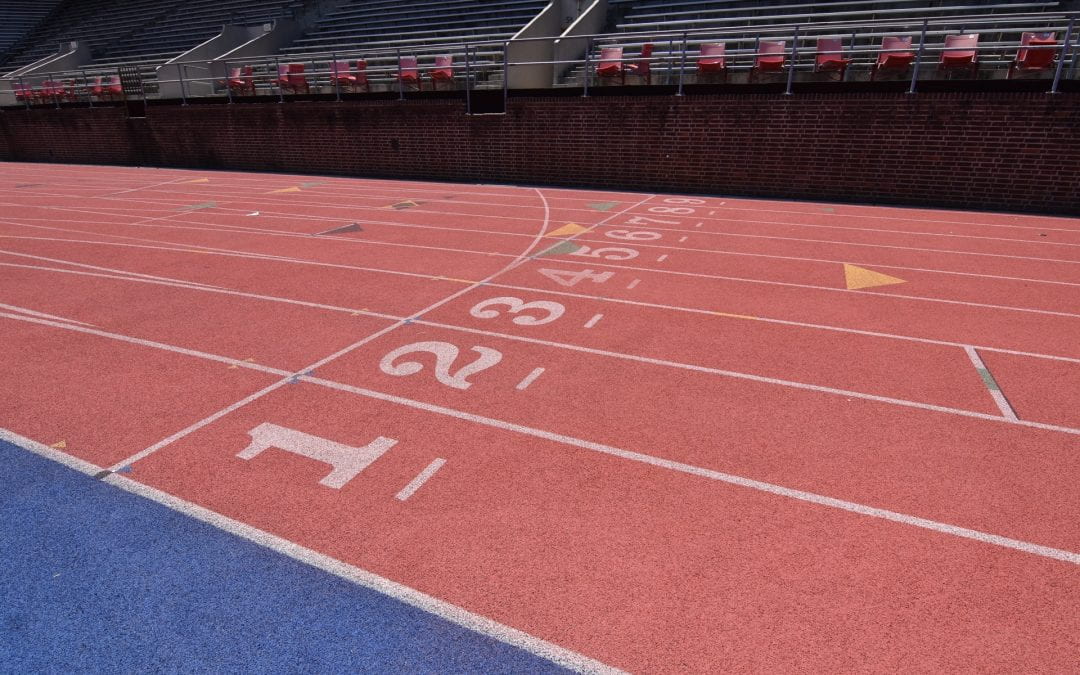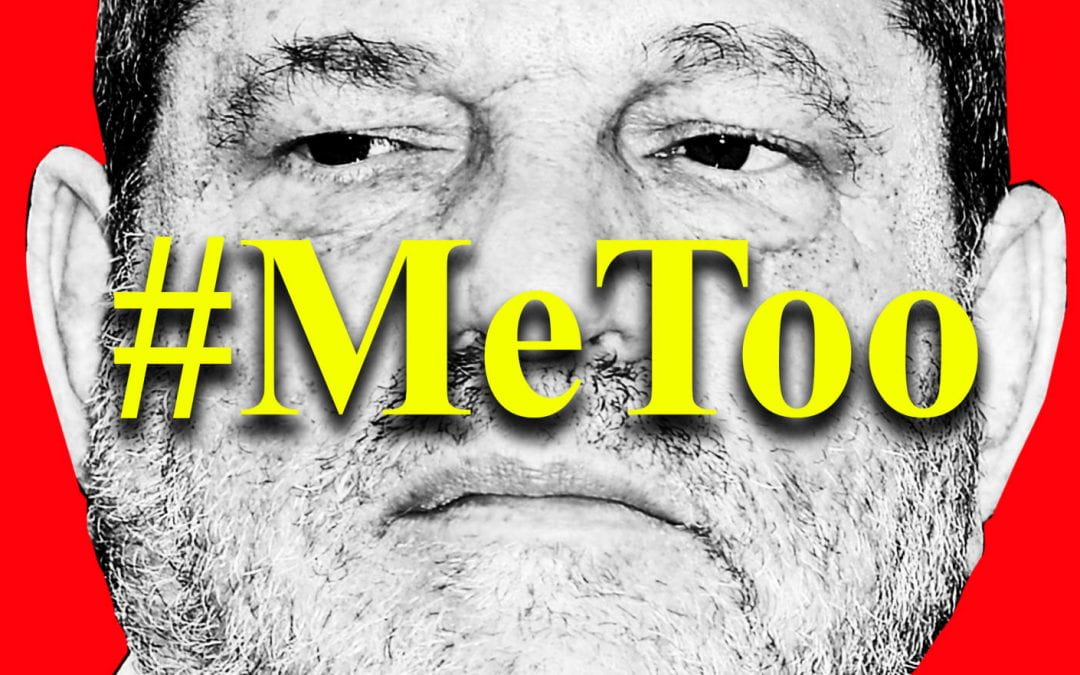
A Framework for Progressive Prosecution
The prosecutor is the lynchpin; ostensibly the first line of defense against petty, unjustified prosecutions that break apart families, send men and women to prison, and spit them out with the tarnish of a criminal record at the end of the process. Using the powerful tool of prosecutorial discretion, these individuals have the power to affect change and, short of changes to the penal code itself, are best able to mete out justice before a case ever makes it to the courtroom.

Rooted in Race at Ruth’s Way—An Unexpected Criminal Justice Component at Non-profit Grant Writing Internship
With this most current outcry for criminal justice reform, countless of organizations including non-profits and for-profits of varying sizes and localities as well as government entities have intentionally addressed the systemic issues caused by generations of racial inequities and biases.[ix] As a Non-profit Grant Writer Intern for Ruth’s Way, a small, faith-based non-profit organization in Pittsburgh, Pennsylvania,[x] the effects of the BLM movement resulted in not only confronting my own privileges and biases from the community in which I was raised, but also in deliberate research surrounding policing in local public schools, identifying disparages among access to health services between Black and non-Black youth and their families, as well as addressing barriers that disproportionally impact young Black girls.

They’re Only Kids: The Dangers of Detention and Alternatives to Incarcerating Youth
“Young people are developmentally different from and morally less culpable than adults. Despite these differences, many children are detained in juvenile detention facilities, where they sleep in cells, similar to prisons where adults are held. These facilities are more harmful than beneficial, so instead of detaining young offenders, the juvenile justice system should use preventative and rehabilitative treatments. In addition to helping young people rehabilitate, prevention and rehabilitation are less costly and are more effective in promoting public safety and deterring crime in comparison to detention. Thus, these alternatives are better for both the individual and the community.”

Get in Line: Balancing Delegation and Accountability in Progressive Prosecution Offices
The tide is shifting. A nascent yet invigorating movement is threatening to displace the old-guard school of prosecution: progressive prosecution. While this movement may have once been thought of as an oxymoron, prosecutors running on progressive platforms are...

Why Harvey Weinstein’s Conviction Should Not Be Forgotten in 2021
Harvey Weinstein’s conviction deserves recognition as a story of change and hope for survivors of sexual and gender-based violence everywhere
